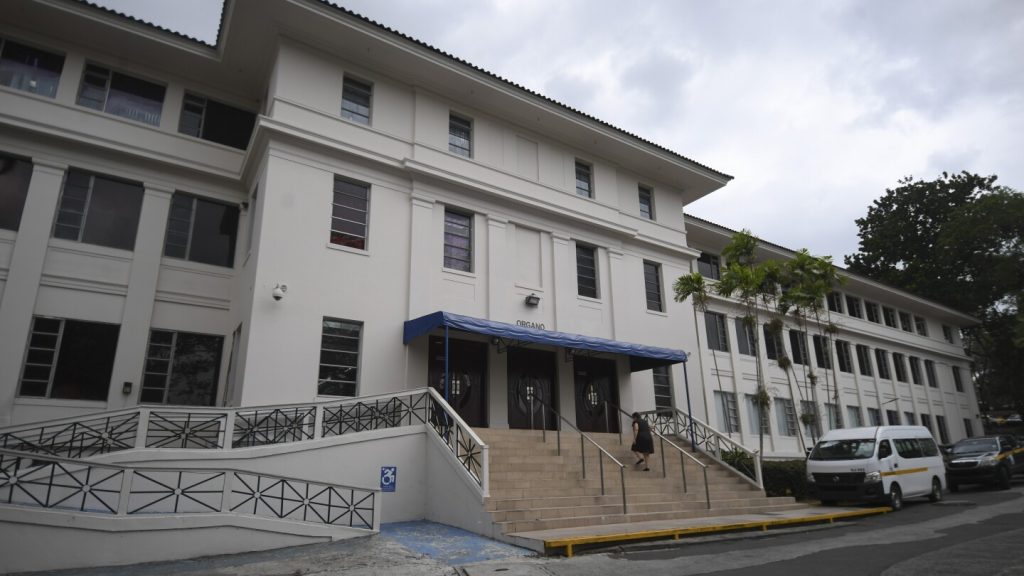Eight years after the release of the Panama Papers, a massive leak of 11 million secret financial documents exposing how the world’s wealthiest individuals hide their wealth, more than two dozen defendants are now on trial in Panama. The leaks resulted in the resignation of Iceland’s prime minister and brought scrutiny to leaders in Argentina, Ukraine, China, and Russia, including President Vladimir Putin. The current trial focuses on the leaders and associates of Mossack Fonseca, a now-defunct Panamanian law firm that helped set up shell companies for illicit activities, particularly related to the Odebrecht corruption scandal in Brazil.
Panamanian prosecutors allege that Mossack Fonseca and their associates created a network of offshore companies involved in money laundering activities, particularly linked to the Odebrecht scandal. The firm is accused of setting up 44 shell companies, 31 of which had accounts in Panama to hide funds related to the Brazilian scandal. The judge on the case decided to merge the Odebrecht charges with allegations regarding the firm’s work for Siemens, where former executives reportedly used entities created by Mossack Fonseca to transfer bribes. Siemens has declined to comment on the case, stating that it does not involve the company directly.
Ramón Fonseca, one of the founders of Mossack Fonseca, has not been present at the trial due to hospitalization, but previously stated that the firm merely created and sold shell companies without control over how clients used them. Jürgen Mossack, the other founder, has denied committing any crimes and hopes to be absolved in the trial. Both men were arrested in 2017 but were released on bail. Mossack Fonseca announced its closure in 2018 after decades of creating and selling hundreds of thousands of shell companies.
The Panama Papers scandal tarnished Panama’s international reputation for financial services, leading to the country being labeled as a tax haven by the European Union. International institutions demanded measures to increase transparency in Panama’s financial systems, resulting in a significant decrease in the creation of shell companies in the country. The Panamanian government made changes to identify the ultimate beneficiaries behind limited liability companies and hold registered agents accountable for their clients’ actions. These changes aimed to assist authorities in investigations and provide banks with more information about the individuals behind accounts.
The government’s changes in Panama were designed to improve transparency in the financial sector following the Panama Papers scandal. Registered agents are now required to monitor companies more closely, with a legal obligation to follow up on their activities. Banks also have greater access to information about account holders to prevent money laundering and illicit financial activities. These reforms aimed to restore Panama’s reputation as a legitimate financial hub and prevent future scandals like the Panama Papers from occurring in the future.


